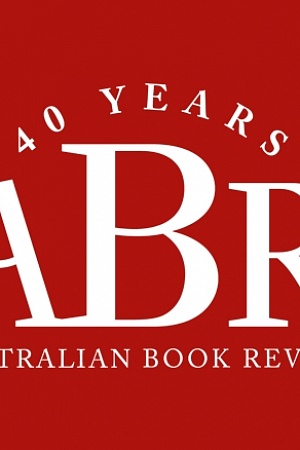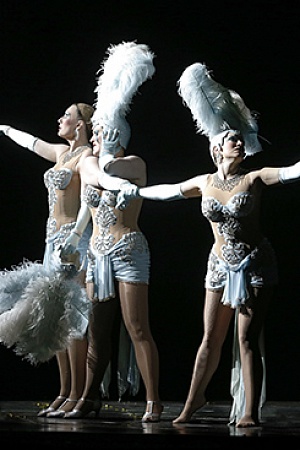Why I quit as opera critic of The Age
There was a time not that long ago when the arts pages of quality daily newspapers were regarded as essential reading as much for those inside the arts industry as outside it. Just as these newspapers were themselves papers of record, their arts pages existed primarily to record and sustain strong and informed critical opinion. Considered criticism has always been and will always remain the vital final link between creativity, performance, and public appreciation.
I have been associated with The Age for more than thirty-six years in various capacities, especially with its arts pages – for the past seven years as the paper’s opera critic, a role I continued after my retirement from full-time journalism three years ago. Through the arts pages, as with the wider paper, I have worked with a changing cast of fine writers and editors, among them, some of the most inspiring and intelligent and witty journalists it has been my pleasure to know and to hold in respect, if not awe. It was also an extended learning experience. In hearing or reading what my colleagues thought or wrote, was to realise, with gratitude, that one’s own knowledge, and perhaps one’s expertise, increased accordingly. As Joan Sutherland once remarked to a fellow singer, ‘School’s never out.’ And it wasn’t.
Continue reading for only $10 per month. Subscribe and gain full access to Australian Book Review. Already a subscriber? Sign in. If you need assistance, feel free to contact us.















Comments (15)
You've spent longer here assassinating the character and judgement of your new editor than you have on attacking the state of current affairs which have bought about the changes.
Examine your motives and write a piece with equal venom about that.
Decreased coverage of opera's smaller companies' performances can scarcely fail to be linked to a resulting decrease in interest in and awareness of such performances. This is certainly something I find regrettable.
Of course budget constraints are a concern, but a quick look at the usual (modest) reviews of live events in Melbourne shows that opera is definitely not over-represented, while performances of non-opera music events make up the lion's share of reviewed events; it is without question that these events include some lower-budget and small-scale performances. Perhaps a fairer allocation of space and budget should be considered.
Mr Shmith's major concern - as I read it - was the equivalent of seeing a woman being strangled by someone, features obscure through a dimly lit window, and wanting with all his heart to see that the strangulation would be stopped. Is he to be blamed for petulance if his attempt could not succeed because of bureaucratic or budgetary constraints, and he could not find it in himself to remain in a situation where he felt helpless to redress further strangulations?
Not by me. He had the right to say he could not continue in these circumstances. I think he also had the right to clarify his position publicly.
In the meantime, I sympathise with Ms Francis' budget constraints position while still wishing we had the incisive and knowledgeable Mr Shmith's reviews to look forward to in the future.
In other words, you accepted the free ticket that was provided on the expectation of a review being published, went to the show then emailed the opera company saying sadly the review wouldn't be published despite knowing the editor had knocked it back from the outset?
The lead on your FB post makes it seem as if Shmith's report will explain why ABR have expanded their coverage. I was expecting to see an indepth analysis of the above and was keenly interested to read. But this article seems to be about Shmith quitting because an editor said no twice on the same review. This implyes that you have increased coverage because a reviewer got knocked back on a review. Surely that is not true. There are many excellent reasons to expand coverage, which seemed to be mere background noise in this pieace about a reviewer quitting.
It isn't just opera. It sure isn't just one journo.
This piece doesn’t reflect the state of arts editing at The Age. Hissy fits are one thing (and no editor should respond to a hissy) but to publish without any fact checking or consulting with Hannah before publication is poor journalism. This is click bait. And it's worked because it's getting read and discussed.
As for appropriating “no means no” to criticise a woman. It’s either ignorance or a deliberate reference to how a woman shouldn’t say no to him.
Yes, there is a crisis in our arts commentary. But giving space to this kind of vengeful and petty point scoring helps no one and illuminates nothing, aside from one man's bizarrely solipsistic sense of entitlement. Everyone who writes about the arts, not only Shmith, is facing the same structural problems. I'm shocked ABR published this article.
Leave a comment
If you are an ABR subscriber, you will need to sign in to post a comment.
If you have forgotten your sign in details, or if you receive an error message when trying to submit your comment, please email your comment (and the name of the article to which it relates) to ABR Comments. We will review your comment and, subject to approval, we will post it under your name.
Please note that all comments must be approved by ABR and comply with our Terms & Conditions.